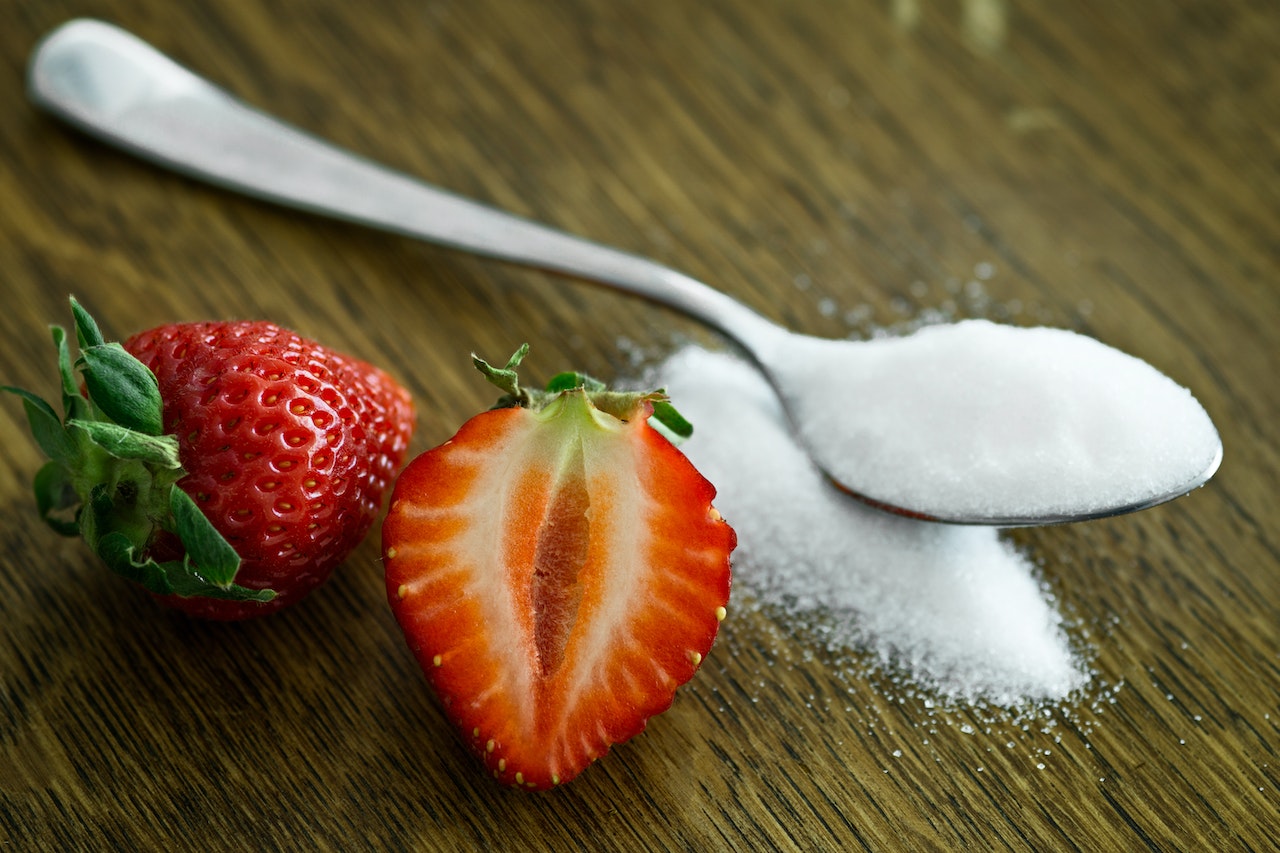Introduction:
Sugar has become a ubiquitous part of our modern diet, finding its way into a wide range of foods and beverages. While it may satisfy our taste buds, excessive sugar consumption can have detrimental effects on our health. From weight gain to increased risk of chronic diseases, it’s important to understand the truth about sugar and take steps to reduce our intake. In this article, we will delve into the impact of sugar on our bodies and provide practical tips to help you make healthier choices.
- The Effects of Excessive Sugar Consumption:
Consuming too much sugar can lead to a host of health problems. Excess sugar intake has been linked to weight gain and obesity, as it provides empty calories without offering substantial nutrients. Additionally, a high sugar diet can contribute to an increased risk of developing type 2 diabetes, heart disease, and even certain types of cancer. It can also wreak havoc on your dental health, leading to tooth decay and cavities.
- Understanding Hidden Sugars:
Reducing sugar intake goes beyond avoiding obvious sources like sodas and desserts. Many processed foods, such as sauces, condiments, cereals, and even seemingly healthy options like yogurt, can be loaded with hidden sugars. Learning to read food labels and identify alternative names for sugar, such as corn syrup, dextrose, or sucrose, is essential to make informed choices and reduce your overall sugar intake.
- Practical Tips for Reducing Sugar Consumption:
- Gradual Reduction: Rather than going cold turkey, start by gradually reducing your sugar intake. This allows your taste buds to adjust over time and makes the transition more sustainable.
- Choose Whole Foods: Opt for whole, unprocessed foods whenever possible. Fruits, vegetables, lean proteins, and whole grains provide essential nutrients without added sugars.
- Be Wary of Beverages: Sugary drinks like soda, energy drinks, and fruit juices are major contributors to excessive sugar consumption. Swap them for healthier alternatives such as water, herbal teas, or homemade infused water.
- Cook at Home: Preparing your own meals gives you control over the ingredients. Experiment with natural sweeteners like honey, maple syrup, or stevia, which provide sweetness with additional nutrients.
- Snack Wisely: Opt for nutrient-dense snacks like nuts, seeds, fresh fruits, or vegetable sticks instead of processed snacks that are typically high in sugar.
- Balancing Blood Sugar Levels:
Maintaining stable blood sugar levels is crucial for overall health. To achieve this, focus on incorporating fiber-rich foods into your meals, as they help slow down the absorption of sugar into the bloodstream. Whole grains, legumes, and vegetables are excellent sources of fiber and can help prevent spikes in blood sugar.
- Seek Support and Accountability:
Reducing sugar intake can be challenging, especially if you’re accustomed to a high-sugar diet. Consider seeking support from friends, family, or online communities with similar goals. Sharing your progress, challenges, and successes can provide motivation and accountability on your journey to reduce sugar consumption.
Conclusion:
While sugar may be enticing, its overconsumption can have serious consequences for our health. By understanding the effects of sugar on our bodies and implementing practical strategies to reduce our intake, we can improve our overall well-being. Take control of your health, read labels, choose whole foods, and seek support as you embark on a path towards a healthier, low-sugar lifestyle. Your body will thank you for it.
